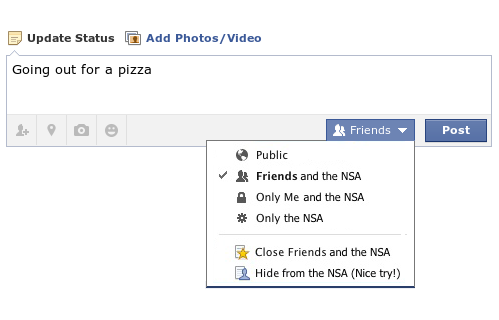As my house is directly under the most likely approach to the new airport, I suspect my property value is about to take a big dive:
After four decades, the long-standing controversial plan to build an airport on the Pickering Lands is scheduled for takeoff.
But that doesn’t mean residents are on board.
At a press conference held on the lands Tuesday, Finance Minister Jim Flaherty announced the 7,500 hectares of land in Pickering, Markham and Uxbridge will be transformed into a new airport and a 2,000-hectare Rouge National Urban Park.
“These lands were acquired by the government more than 40 years ago with the intention of developing an airport, but it never got off the ground,” Flaherty said. “The uncertainty ends today.”
The plan is to begin work immediately, he said. It will take at least 10 years to build the airport in the lower quadrant of the lands with Hwy. 7 and Brock Rd. as a southeastern boundary. No cost has yet been assigned to the construction of the airport.
Of course, our local politicians love it:
Durham Council chairman Roger Anderson said the airport will reduce congestion on Hwy. 401.
“Wouldn’t it be nice if you didn’t have to drive to Mississauga to go to Ottawa?” Anderson said. “For us, it’s a big win. It will show the province Durham should get one job for every three, which we fought about for years and the other thing — It’s not only good for Durham, but for Scarborough and York and Markham.”
The Ajax-Pickering Board of Trade is also backing the airport proposal, but said it wants to study it in more detail and consult with members. The board has been advocating for congestion relief in Durham Region and said the airport would be “a game changer.”
I wonder how long it’ll take after it opens to become the new Mirabel?
It was intended to replace the existing Dorval Airport as the eastern air gateway to Canada; from 1975 to 1997, all international flights to/from Montreal were required to use Mirabel. However, Mirabel’s distant location and lack of transport links made it unpopular with airlines and travellers. Moreover, Montréal’s economic decline relative to Toronto kept passenger volumes from rising to the levels originally anticipated. And so Dorval Airport not only remained viable but resumed handling overseas flights. Eventually, Mirabel was relegated to the role of a cargo airport. Initially a source of pride, the airport became an embarrassment, widely regarded in Canada as being a boondoggle and a white elephant. Ironically, the Dorval Airport was renamed Montréal–Pierre Elliott Trudeau International Airport after the Canadian Prime Minister, Pierre Elliot Trudeau, whose government spearheaded the Mirabel project to replace Dorval.
For “ironically” in the Wikipedia description, read “deservedly”.




